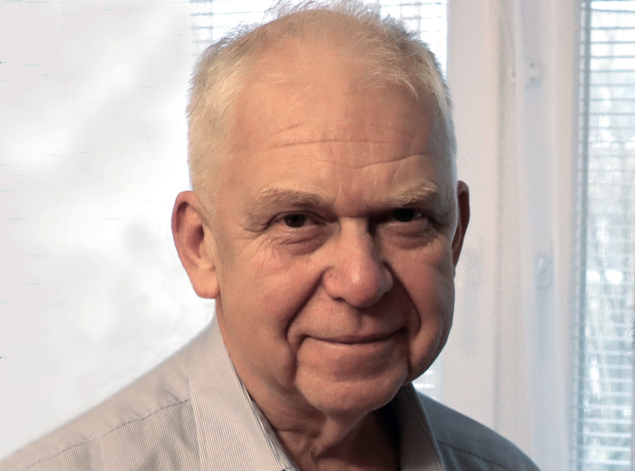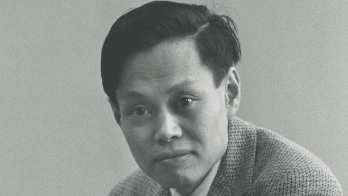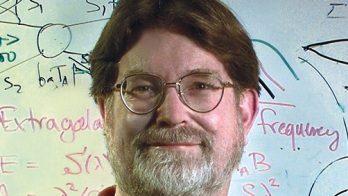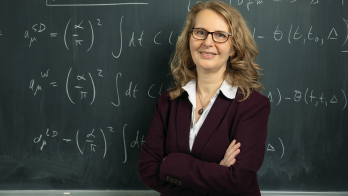
Milos Lokajicek, a long-time employee of the division of elementary particle physics of the Institute of Physics of the Czech Academy of Sciences, passed away in June at the age of 70. Milos was involved in almost all the key experiments in which the Czech particle-physics community participated, especially in the collection and processing of experimental data.
Milos began his career in the 1980s on an experiment at the Serpukhov accelerator in the former USSR, investigating proton–antiproton and later deuteron–antideuteron collisions in the Ludmila hydrogen bubble chamber. After obtaining his PhD in 1984, while still at JINR Dubna, he was also involved in the DELPHI experiment at LEP, which played a key role in the Czech Republic’s entry into CERN in 1993.
After returning to the Institute of Physics, he was at the origin of the participation of Czech physicists in the ATLAS experiment at the LHC, the construction of which was approved in 1994. Together with other staff of the Institute of Physics and colleagues from Charles University, he initiated the construction of the ATLAS TileCal hadron calorimeter and built a laboratory for the assembly and testing of the calorimeter submodules in the former garage of the Institute of Physics.
Since his participation in the Ludmila and DELPHI experiments, Milos focused on data processing. Already in the mid-1990s, he had built a computer farm for data processing and modelling at the Institute of Physics, which today serves several large experiments.
In 1997, together with colleagues from Charles University and the Czech Technical University, he initiated the group’s participation in the D0 experiment at the Tevatron, Fermilab. Participation in this experiment was important for the training of young physicists in ATLAS, the construction of which was beginning at that time. After the Tevatron was decommissioned in 2011, Milos obtained funding for the Fermilab–CZ research infrastructure in 2016 with a gradual transition to the neutrino-physics programme. He worked on the NOvA experiment and also used his experience and contacts at CERN for the future DUNE experiment.
The reach of Milos’s work extends far beyond his home institute. Within the Czech Republic, it was the coordination of the activities of Czech institutions in Fermilab and the development of data processing. He was also a long-standing member of the Committee for Cooperation of the Czech Republic with CERN. His international reputation is documented by numerous memberships in steering committees of experiments and projects, and a number of conferences he co-organised. Among the most important are ACAT 2014, CHEP2009, DØ Week 2008 and ATLAS Week 2003.
Milos’s collegiality and friendship will be missed by all of us.








